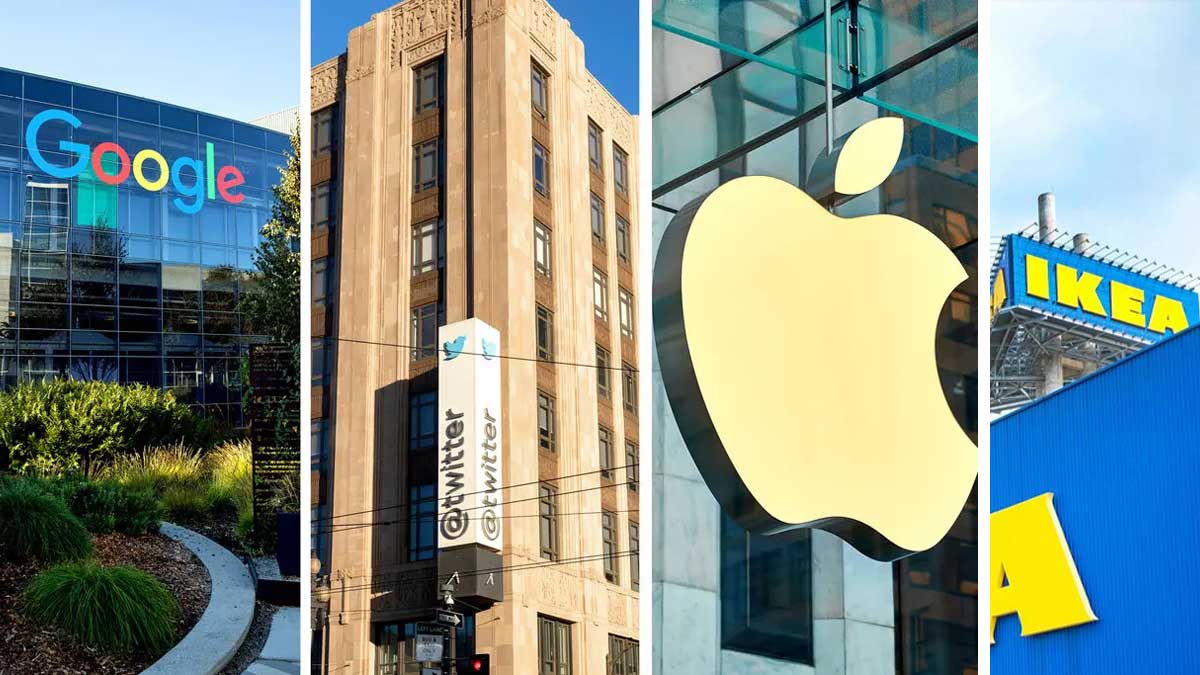A number of private global companies have found their own ways to hit back against the invasion as sanctions against Russia rack up over its attacks on Ukraine.
Major multinational corporations have begun pulling out of Moscow’s markets in retaliation to Russia’s invasion of Ukraine.
Though this list is not complete, these are some of the biggest companies that are sanctioning Russia right now:
- Apple
- Airbus
- Alphabet (Google and YouTube)
- Boeing
- Disney
- Exxon Mobil
- Ford
- Harley-Davidson
- IKEA
- Mastercard
- Microsoft
- Netflix
- Snap
- Visa
Russia Today (RT) and a few other Russian broadcasters have been temporarily blocked from generating ad income on YouTube. The president cited “extraordinary circumstances” as well as the country’s recent sanctions. YouTube announced in a statement that it had put a hold on many channels’ ability to monetize their content on the site.
Read more: Ukrainian, Russian officials to hold talks again amid attacks by Russia
In addition, YouTube announced that videos from those content creators will appear less frequently in user recommendations, and that RT and a few other channels would no longer be available in Ukraine due to a government request.
It’s difficult to determine how much the limits will affect those channels. Between 2017 and 2018, the companies in Russia earned $27 million in ad revenue, according to internet research firm Omelas.
Russia has collected up to $73 million in YouTube ad income from RT and other state-affiliated channels over the last 12 years.
For years, politicians and other users have urged YouTube, which is owned by Alphabet Inc.’s Google, to prevent channels with ties to the Russian government from using moneymaking services, fearing that they promote false material and should not benefit from it.
Similar moves have been made by Facebook and Twitter. In response to the invasion of Ukraine, Meta’s head of security policy, Nathaniel Gleicher, stated the business was barring Russian state media from running advertisements or using any other monetization features.





















